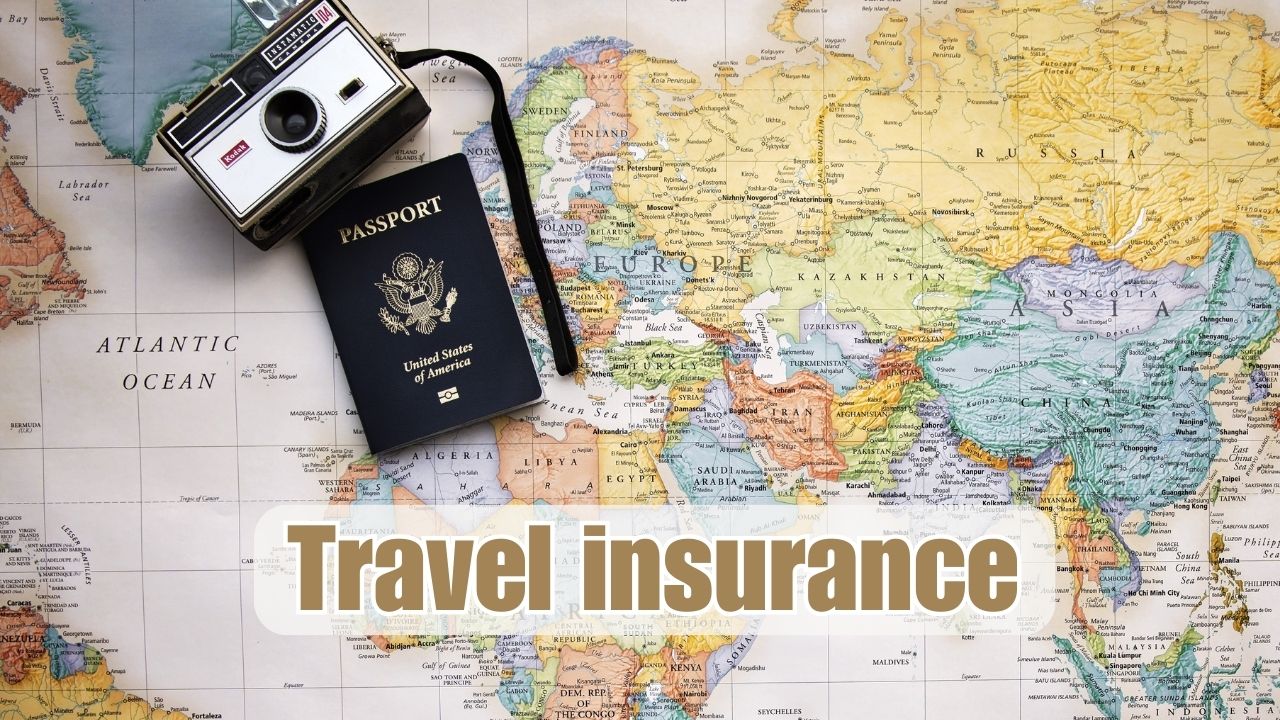In today’s fast-paced world, travel has become an integral part of our lives. Whether it’s a leisurely vacation, a business trip, or a backpacking adventure, traveling exposes us to unforeseen circumstances. This is where travel insurance plays a crucial role in safeguarding our journeys.
What is Travel Insurance?
Travel insurance is a financial product designed to protect travelers from unexpected events that could disrupt or derail their trips. It typically covers a range of situations such as trip cancellations, medical emergencies, lost luggage, and more. Policies vary widely, offering different levels of coverage, so it’s essential to understand what a particular plan includes before purchasing.
Why Do You Need Travel Insurance?
- Trip Cancellations: Unforeseen circumstances like illness, natural disasters, or unexpected work commitments may force you to cancel your trip. Travel insurance can reimburse non-refundable expenses.
- Medical Emergencies: Falling ill or getting injured while traveling can lead to exorbitant medical expenses, especially in foreign countries. Travel insurance can cover medical treatments, hospital stays, and emergency medical evacuation.
- Lost or Delayed Luggage: Airlines occasionally misplace luggage, causing inconvenience and financial loss. Travel insurance helps reimburse for lost belongings or cover expenses for essential items during luggage delays.
- Travel Delays: Flight delays or cancellations can significantly disrupt travel plans. Travel insurance can cover additional expenses like accommodation and meals due to these unexpected delays.
Types of Travel Insurance
- Single-Trip Insurance: Ideal for one-off vacations, this policy covers a specific trip duration.
- Multi-Trip Insurance: Designed for frequent travelers, it covers multiple trips within a specified period.
- Medical/Health Insurance: Specifically focused on covering medical emergencies and related expenses during travel.
- Evacuation Insurance: Covers costs associated with emergency evacuations, particularly important in remote or risky travel destinations.
Frequently Asked Questions (FAQs):
1. Is Travel Insurance Worth It?
Absolutely. While no one anticipates mishaps during travel, having insurance provides peace of mind and financial security against unforeseen events.
2. When Should I Buy Travel Insurance?
It’s recommended to purchase travel insurance as soon as you’ve booked and paid for your trip. This ensures coverage for trip cancellations and pre-departure incidents.
3. What Does Travel Insurance Typically Exclude?
Exclusions can vary, but common ones include pre-existing medical conditions, extreme sports, and acts of terrorism in certain destinations. Review the policy details for specific exclusions.
4. Can Travel Insurance Cover COVID-19 Related Issues?
Post-pandemic, many insurers now offer coverage for COVID-19-related situations, such as trip cancellations due to illness or quarantine requirements. However, coverage specifics may differ, so it’s crucial to check before purchasing.
Conclusion
Travel insurance acts as a safety net, providing financial protection and peace of mind when exploring new destinations. Before selecting a policy, carefully assess your needs and the coverage offered to ensure a worry-free and enjoyable travel experience. Remember, while adventures are exciting, being prepared with the right insurance can make all the difference when the unexpected occurs.
